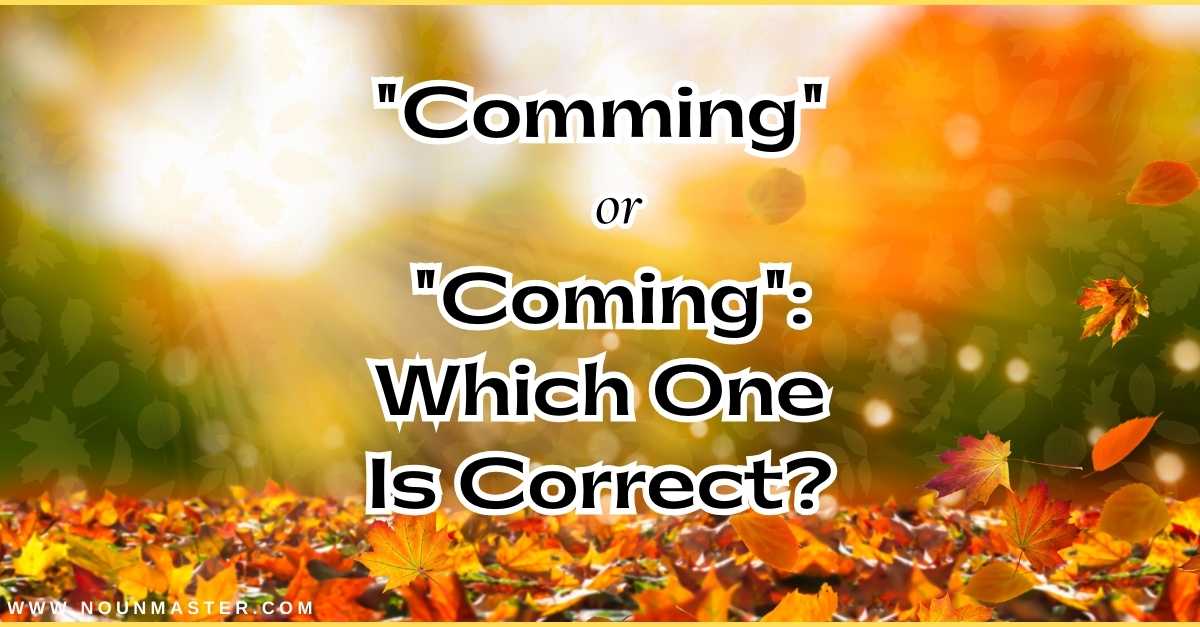Verb
The “Verb” category on Noun Master is your ultimate destination for mastering one of the most vital parts of speech in English grammar. Verbs bring sentences to life, expressing action, occurrence, or state of being, and this category is designed to help you understand their nuances in detail.
Explore the fascinating world of verbs with guides on types such as action verbs, linking verbs, auxiliary verbs, and modal verbs. Learn about verb tenses, moods, and voices to enhance your understanding of how verbs function in different contexts. Our content breaks down complex topics like subject-verb agreement, irregular verbs, and phrasal verbs into simple, digestible lessons.
With practical tips, examples, and exercises, the “Verb” category is perfect for students, writers, and grammar enthusiasts looking to improve their communication skills. Whether you’re crafting dynamic sentences for essays or refining your conversational English, this category offers valuable insights.
At *Noun Master*, we believe that a strong command of verbs is essential for effective communication. Our articles are tailored to make learning engaging and accessible for everyone, from beginners to advanced learners. Dive into the “Verb” category today to unlock the full potential of verbs and elevate your writing and speaking abilities!

Tying or Tieing: Which One is Correct?
Are you confused about whether to write tying or tieing? You’re not alone—this is a common question for many! Understanding ...

Piece or Peice: How to spell it?
Have you ever written “peice” instead of “piece”? Don’t worry—you’re not alone! While “peice” is a common mistake, the correct ...

“Comming” or “Coming”: Which One Is Correct?
Have you ever found yourself stuck, wondering whether to write “comming” or “coming”? You’re not alone! Many people get confused ...






